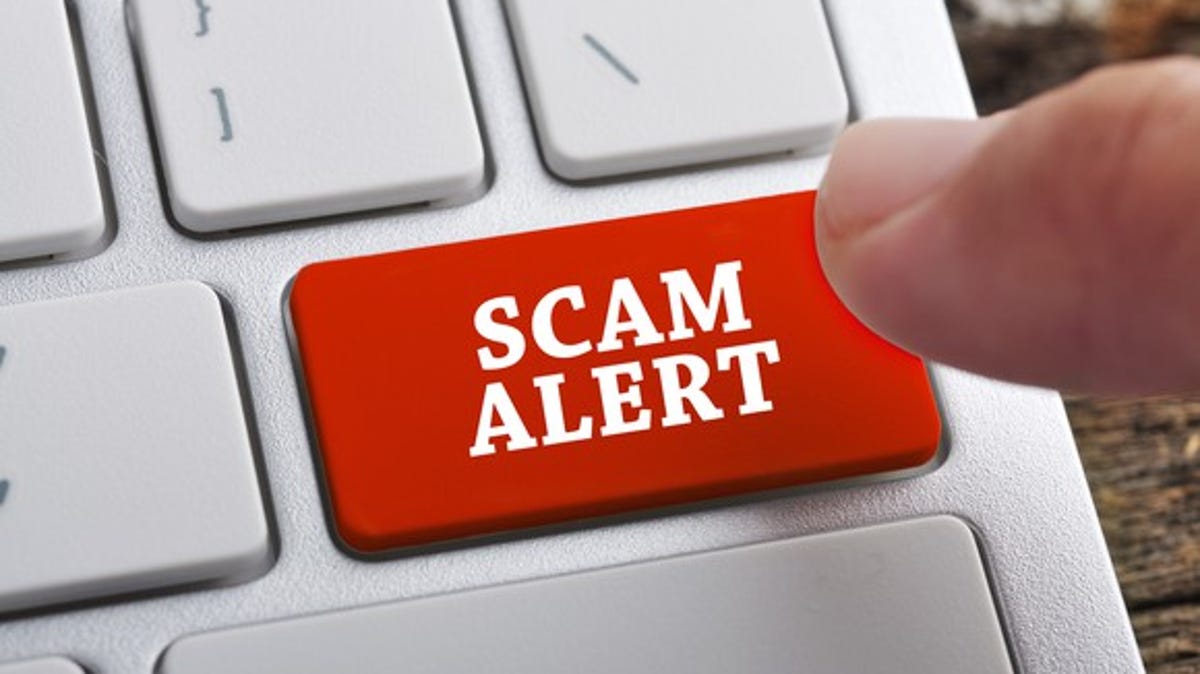- Get link
- X
- Other Apps
- Get link
- X
- Other Apps
Harmful phishing emails: how to spot fraudulent emails and what to do About yourself - at home and on the go.
When fraudsters try to get
Your data and steal your identity via fake e-mails, this is called “phishing”. We
Tell you how to recognize malicious emails and how to act.
Do not be too early if the “Federal Tax
Agency” announces a tax refund. It could be a phishing email. It
would be fatal to respond to them and possibly give out personal data and
passwords to get the windfall. No matter how tempting the tax
refund may sound.
In the past, you could recognize phishing
emails by their clumsy and incorrect wording. Since there is often
international activity, fraudsters use translation programs for their texts. In
the meantime, the attacks have become more subtle and the speech is often
grammatically correct. However, you should be taken aback if someone other
than your usual authority or bank writes to you. Especially if the sender
sounds similar or has additions to the address.
Phishing First Aid
Usually, you handle your data responsibly, but it happened anyway:
you fell for a fraudster. Now is the time to hurry. If you have
entered data on a fake bank page, contact your bank and have the account
blocked. Change your PIN immediately. If you have submitted a TAN,
you can try it out and "use" it at the same time. But this is
only possible if you have only disclosed one TAN. If the fraudster knows
several of your TANS, he can reactivate the access.
File a criminal complaint with the police. Anyone who gains
unauthorized access to specially secured data is liable to prosecution. Phishing
is also a criminal offense. The use of stolen access data is a criminal
offense as computer fraud. The perpetrator faces a prison sentence of up
to five years or a fine. You will help the police and your bank if you
provide the malicious mail.
If possible, report the incident to a consumer advice center. They keep a close eye on phishing attacks and can warn other Internet users.
How to Prevent Phishing
Your Home Protection
·
Always keep your antivirus software up-to-date and regularly
update your browser software with the latest security updates.· Do not copy your bank's internet address from links; rather type them in yourself.
· Only use encrypted connections when entering confidential data. You can recognize this by the letter "s" in the "HTTPS" of an Internet address (URL) and the symbol of a padlock on the browser status line.
· Check the website's security certificate by double-clicking the lock icon in the status bar. In the dialog window you can, for example, check whether the domain name specified in the security certificate matches the name of the website you have requested.
· If you find an e-mail from an address known to you suspicious, do not open it, but verify it with a short telephone request.
· Never give out passwords, PIN or TAN. Banks or reputable companies would never ask you to do so by email or telephone.
· Check your account regularly.
· Check whether your financial institution is connected to the emergency number, because then you can have credit cards blocked quickly and free of charge and deactivate your online banking account. The best thing to do is to add the emergency call to your mobile phone directory.
Your Protection
on The Go, at The Hotspot, and In the Hotel
·
Ask the operator about safety precautions. Ask for the
correct WLAN ID in the café or hotel and select it manually.· Only connect your own USB sticks or external ha
· if the hotel PC has an up-to-date virus protection program.
· In your smartphone or laptop, disable the automatic connection to any public network that is not protected by a password.
· Deactivate file sharing in the network settings of your operating system.
· Discreetly enter login details in public spaces. Special protective films that shield your display from prying eyes from unauthorized persons can be useful.
What Makes a Good
Password
Sensitive data needs special protection in the network. Because
with spied passwords, unauthorized persons can read your e-mails, shop on your
behalf, or spread rumors. So that you are still on the safe side, we have
put together tips for good passwords.
- No password just in case. If one access is cracked, all others including online banking are no longer secure either. Different accesses should therefore also have different passwords.
- A good password consists of at least eight characters. It contains uppercase and lowercase letters, numbers, and special characters - ideally a combination that appears to be random.
- Dates of birth, names from your family, sequences of numbers such as 123456 - and the word passwords are unsuitable.
- Passwords should be changed every six to eight weeks.
Antivirus Software
Fake E-Mails
Fraudulent Emails
Malicious Software
Phishing
Phishing First Aid
Spot Fraudulent Emails
- Get link
- X
- Other Apps

Comments
Post a Comment